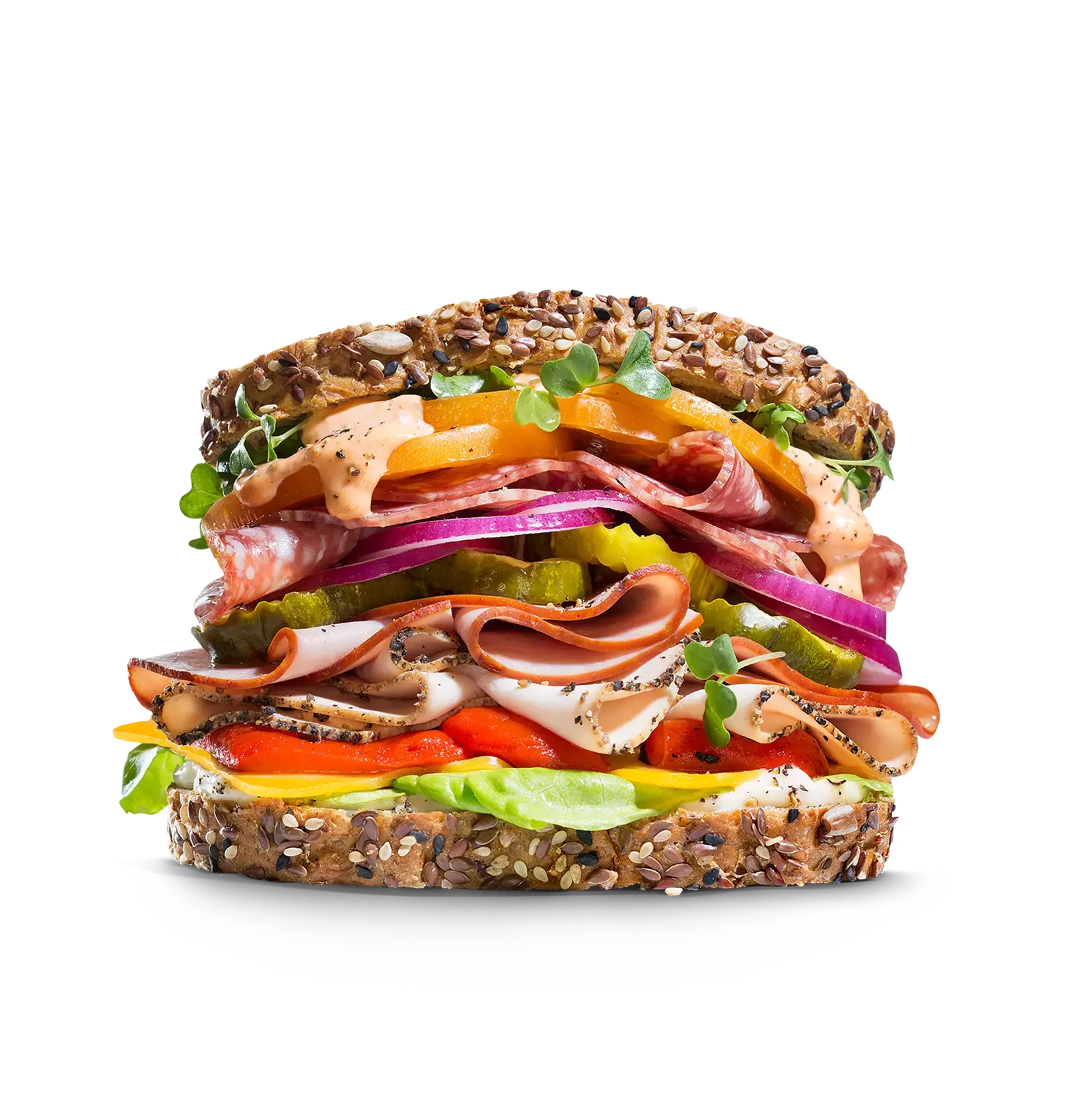How European Food and Beverage Manufacturers Are Tackling the Sunflower Oil Shortage
How European Food and Beverage Manufacturers Are Tackling the Sunflower Oil Shortage
How European Food and Beverage Manufacturers Are Tackling the Sunflower Oil Shortage
5 May 2022
 Aptean Staff Writer
Aptean Staff Writer 
The past two and a half years have brought more than their fair share of challenges for the geopolitical, political and economic spheres of the world, and the food and beverage industry has not been exempt from their impacts.
The COVID-19 pandemic led to supply chain delays and material shortages that caused producers and distributors alike to scramble in order to compensate. Now, an entirely new and different challenge is upon us with recent world conflicts.
Beyond the political instability resulting from these developments, they are also having major implications for food and beverage manufacturers—specifically those that require sunflower oil for their products. With almost 80% of the world’s supply of this valuable commodity coming from Ukraine and Russia, companies are being forced to adjust and develop new strategies in the absence of their most reliable and plentiful source.
Read on to learn more about how European businesses are reacting and adapting in the face of this uncertainty, as well as methods for mitigating the disruption that are worth exploring.
Confronting the Consequences: Affected Organizations and Industries
To understand just how difficult the situation has become for companies and sectors relying on sunflower oil from Ukraine and Russia, one need only look at the recent price increase. From a 2020 low of $685 per tonne, the cost has skyrocketed to an all-time high of $1,665 per tonne as of mid-March 2022, according to Mintec.
Of course, that’s when it can actually be had. It wasn’t so much the price as the scarcity that made continuing to use sunflower oil completely unfeasible for UK-based grocer Iceland, which has now reverted back to using palm and rapeseed (canola) oils. Then again, those have seen their own price hikes as a result, with palm going from $597 per tonne in 2020 to $1,718 in mid-March, and rapeseed jumping from €670 per tonne to €1,782.
Another example of an organization forced to pivot is manufacturing giant Princes, which has cancelled all branded promotions of sunflower oil. While they’ve stopped short of discontinuing any SKUs in their lineup, they are exploring alternate sources and replacement ingredients for their own tuna products, as well as the bottled cooking oils they sell under the Flora brand on license for Upfield Foods.
The list goes on—snack manufacturer Walkers has had to change its crisps recipes by switching to rapeseed oil, and pesto producers like Clas Pesto are resorting to alternatives like rapeseed, soya and refined olive oil.
Meanwhile in Belgium, the entire fries (or frites) industry is truly up against it with sunflower oil so hard to come by. While individual fritkots (stalls selling fresh fries to tourists) have typically used beef fat to give their product a rich and unique flavor, businesses that sell pre-fried frozen potatoes—of which Belgium is the largest exporter in the world—are trying to secure other kinds of vegetable oils in order to ensure their operations aren’t interrupted.
Dealing with the Disruption: Prioritizing Flexibility
If your organization has historically relied on sunflower oil from Ukraine and Russia, the best short-term workaround would seem to be using alternatives like the aforementioned palm, rapeseed, soya or olive oils. Hopefully, this doesn’t have to be a permanent change, but between this conflict and the increased frequency of disruptions in general, now is the time to prepare for the future by increasing your organizational resilience and flexibility.
A solid technological foundation like an enterprise resource planning (ERP) solution built for the food and beverage industry is an absolute must if you want to truly be ready for whatever tomorrow brings. These all-in-one systems give you complete supply chain visibility so that you can get ahead of delays and shortages, as well as a fully configurable and user-friendly backend for introducing new suppliers and clients when the need arises.
Advanced food and beverage platforms like Aptean Food & Beverage ERP also have robust packaging and labeling features that help ensure your products remain compliant with food safety regulations and that any changes made to recipes due to ingredient availability are communicated clearly to customers. And to truly maximize your operational agility and cover your bases should workers need to be out, a cloud implementation can provide mobile accessibility plus additional security and data redundancy.
Ready to learn more about how Aptean and our purpose-built solution for food and beverage companies can help you deal with marketplace disruptions? Contact us today, or schedule a personalized demo.
Get in Touch Today to Speak With an Expert in Your Industry
To grow your business, you need a food ERP built specifically for your industry challenges. We're ready to help—reach out today and we'll help you find the right solution.



